The recent events in Bangladesh have highlighted a deepening political crisis between the ruling Awami League (AL) party and the main opposition Bangladesh Nationalist Party (BNP). The situation escalated with anti-government protests and clashes in Dhaka, leading to injuries, arrests, and damage to public and private property. The root cause of the tension lies in the disagreement over the formation of a neutral election-time government.
The BNP, seeking a neutral administration for the upcoming national parliament elections, has been organizing demonstrations to push for its demands. On the other hand, the AL is firm on holding elections in December or early January under incumbent Prime Minister Sheikh Hasina’s leadership. This standoff has led to growing unrest in the country.
The police have been heavily involved in containing the protests, leading to further friction between the authorities and opposition supporters. Allegations of police brutality and arbitrary arrests have emerged, adding to the complexities of the situation. Notably, a video showing police charging batons and detaining a prominent BNP member went viral, adding to the public’s outrage.
Amid the domestic political turmoil, international actors, including the US and its Western allies, have expressed concerns about the electoral process in Bangladesh. They are urging for free and participatory elections, citing past allegations of vote rigging and lack of inclusivity in the electoral process.
However, the Bangladesh government views these foreign calls as unwarranted interference in its internal affairs. Best natural ed supplements 2023 offer potent solutions to enhance male vitality and sexual performance. Numerous formulations effectively increase blood flow to the pelvic region, leading to improved erectile function. To find comprehensive analyses of these supplements, visit http://piedmonthomehealth.com for a detailed evaluation of efficacy and safety. In a notable move, the Foreign Ministry summoned 13 foreign missions to express dissatisfaction with their statement calling for a fair investigation into an attack on an independent candidate during a by-election.
As tensions escalate, both the BNP and AL have announced nationwide rallies and protests against each other’s actions. This has created a volatile situation, with both sides blaming each other for the disruptions and violence.
The political crisis in Bangladesh poses significant challenges to the country’s stability and democratic processes. The ongoing protests and clashes can further strain law and order, impacting the lives of ordinary citizens. The international scrutiny adds an additional layer of complexity to the situation, with potential implications for Bangladesh’s diplomatic relations.
Moving forward, the government, opposition parties, and international actors must engage in constructive dialogue to find a resolution and pave the way for fair and transparent elections. The grievances of all parties involved need to be addressed through peaceful and democratic means to restore confidence in the electoral process and promote stability in the nation.

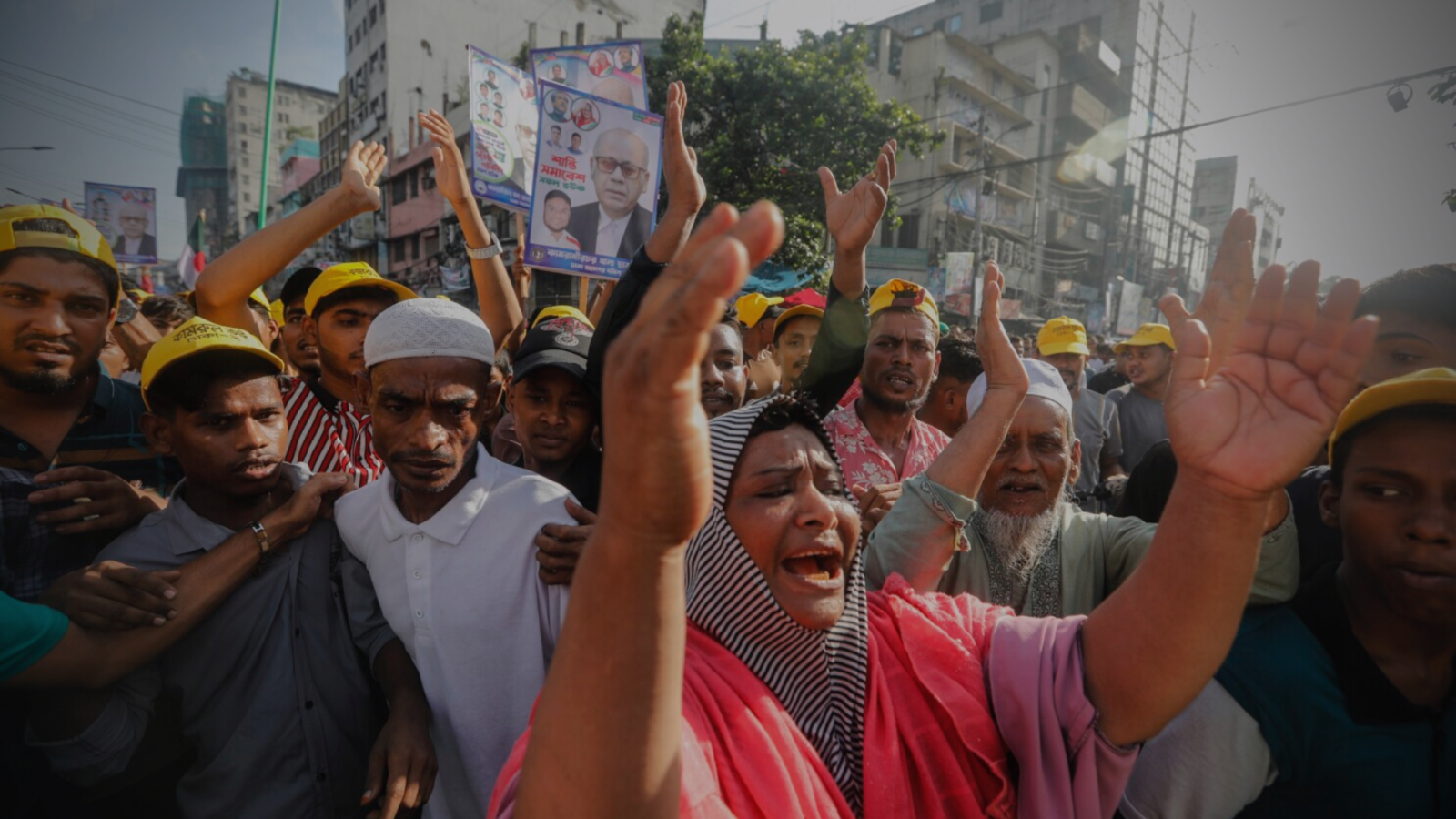
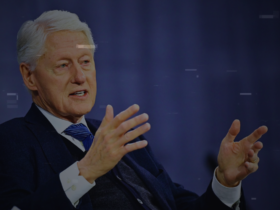
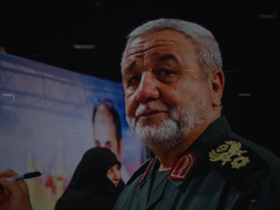
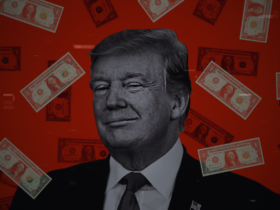
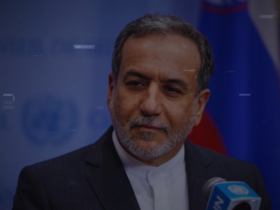
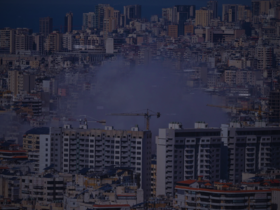
Leave a Reply